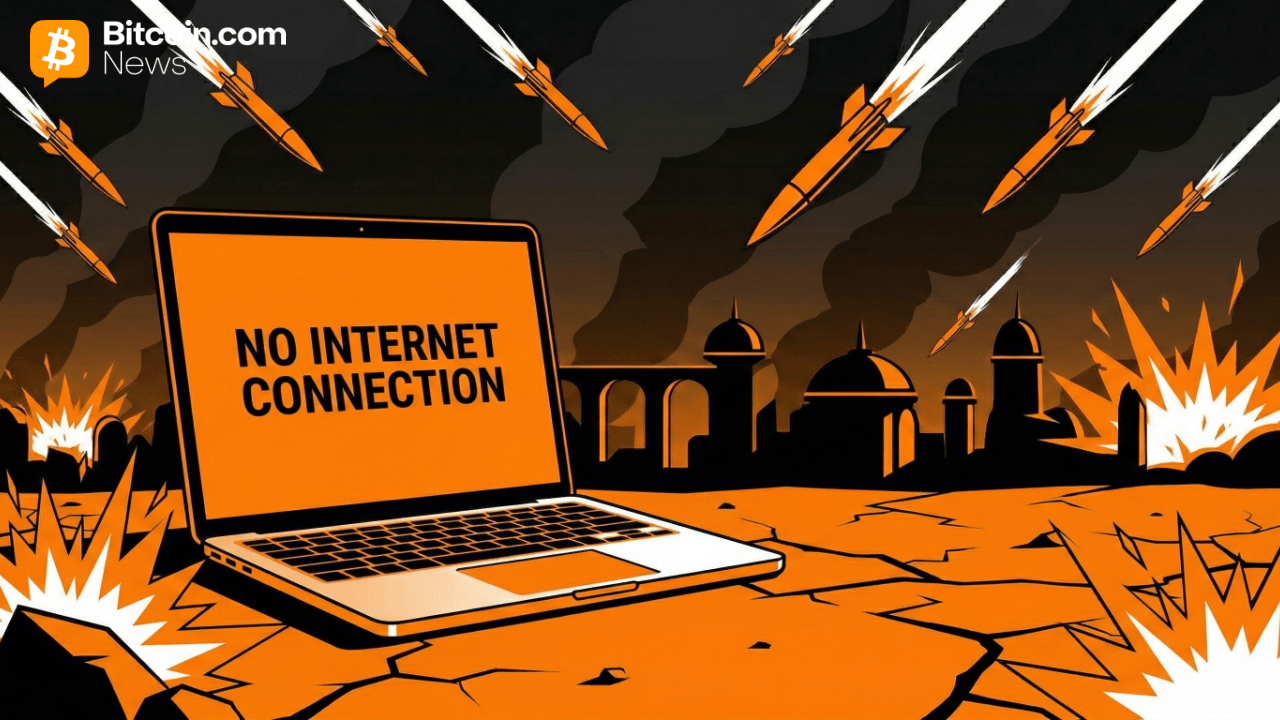In recent weeks, four US Navy ships and a nuclear submarine, all carrying thousands of service members, have been deployed by President Trump to the waters off Venezuela’s coast.
Tensions between Trump and the Venezuelan regime led by President Nicolás Maduro are nothing new. In his first term, Trump accelerated Washington’s long-standing strategy of using brutal sanctions to crush the Venezuelan economy while trying to prop up domestic officials aligned with the US government.
However, as is often the case, the Venezuelan people haven’t seen the foreign government helping to destroy their economy, or the domestic figures being backed by it, to be worth supporting. So Maduro remains in power.
Early in this second Trump term, the administration tried to ratchet things up by linking Maduro’s regime to a Venezuelan gang operating in parts of the US called Tren de Aragua. That link was used to justify the government’s national emergency declaration at the southern border by framing the gang’s violence here in the US as a literal invasion by the Venezuelan government.
That specific argument fell apart, however, when it was revealed that the intelligence memo administration officials were relying on for that argument actually said there was no evidence of a link between the gang and Maduro’s government.
The Trump administration has since pivoted and now argues—without any public evidence—that Maduro and his regime are actually the ringleaders of a major drug cartel called the Cartel of the Suns.
So far, much of the reaction to Trump’s recent order to use military assets against foreign drug cartels has been focused on the cartels in Mexico. But the administration has described the recent deployment of naval assets to Venezuela’s coast as part of the same effort.
In fact, yesterday they claimed those assets struck a vessel carrying drugs. But it’s still a bit out of the way from the areas where the bulk of drug smuggling is believed to take place, which suggests that countering Maduro’s regime may be just as big a priority as Trump’s escalation of the war on drugs.
But if the hostility between the US and Venezuela is nothing new, what explains the recent escalation? Well, the answer appears to be, as it often is, cronyism.
Back before Venezuela became an independent country, it was a Spanish colony. The neighboring territory that would later become the modern country of Guyana was a British colony. The border between these two colonies was not well defined. The jungle in that region is incredibly dense, and it’s not well populated. But to the colonial powers, this border was generally understood to follow the Essequibo River.
That said, the British colony of Guyana controlled a lot of land west of the river, which is now known as the Essequibo region. Meaning, when both Venezuela and Guyana became independent countries, they inherited this border dispute. And the dispute escalated later as resources, like gold and copper deposits, were discovered in the disputed region.
Many Venezuelans, including the Maduro regime, have argued that this entire resource-rich region west of the Essequibo River was always supposed to be part of Venezuela. Like a lot of disputed territories, it’s become a point of focus, especially for the more nationalist factions in the country.
But things really escalated ten years ago, in 2015, when a massive oil deposit was discovered off the Guyanese coast. Now, whoever controlled the Essequibo region could also potentially enjoy control over part or all of this reservoir of at least eleven billion barrels of oil.
Obviously, the Guyanese government has been thrilled by the discovery, which has now put them on track to become the wealthiest country in Latin America on a per capita basis. And the Venezuelan government has become even more motivated to press its claim over the disputed territory.
But the other major players here are the energy companies. And, at the end of the day, these energy companies know there is really only one player powerful enough to determine who gets control of these offshore oil fields: the United States government. So that is where the companies turned.
As Nick Cleveland-Stout and Joseph Bouchard laid out in an excellent report in Responsible Statecraft last week, the battle in DC is largely taking place between ExxonMobil and Chevron.
Exxon discovered this reservoir off the coast of Guyana and has led the exploration and extraction efforts since drilling began in 2019, under the authority of the Guyanese government. However, Exxon pulled all its operations out of Venezuela back in 2007 due to new government regulations. So the company higher-ups obviously see any possibility that control over the oil deposit could switch from the Guyanese to the Venezuelan government as a threat to their current setup.
Chevron, on the other hand, has consistently sought to engage with the Venezuelan government to maintain its access to the world’s most oil-rich territory. It’s on much friendlier terms and is well-positioned to potentially benefit from a partial or total Venezuelan takeover of the oil fields, if Exxon is still unhappy with Maduro’s terms.
So, as Bouchard and Cleveland-Stout demonstrated, in the decade since the reservoir was discovered, both Exxon and Chevron have poured millions of dollars into foreign policy-focused think tanks in DC to try to swing the policy debate over Venezuela in their favor.
Think tanks that get more funding from Exxon are pushing for a maximum pressure campaign against the Maduro regime and for Washington to give Exxon and the Guyanese government what is essentially a war guarantee—that the US will go to war with Venezuela if there is any encroachment on the Essequibo region or the offshore oil fields.
Meanwhile, think tanks that get more funding from Chevron tend to be less hawkish on Venezuela, more understanding of Venezuela’s historical claim on the disputed region, and more willing to point out that Chevron’s deal with the Venezuelan government would mean that the oil would continue to flow into the American market if Maduro took it over.
As the two authors put it, there is “a common refrain among [hawks] that experts who are not sufficiently hawkish on Venezuela are deemed to be shills for Chevron.” But the same could easily be said about the hawks themselves, since many of them are taking Exxon money and arguing that the US should be ready to go to war to ensure that Exxon is the company that gets to sell the oil coming from this deposit.
That is the major dynamic driving Washington’s interest in the Venezuelan-Guyanese territorial dispute. What’s happening right now is simply the latest flare-up of these tensions. The last big one happened in 2023, when Biden was in office.
This is cronyism through and through. The US is the most powerful country in the history of the world due to the unprecedented commitment early Americans had to wealth-building institutions. But now, the officials running our government have decided to use much of that wealth to try to maintain a global empire, meaning it is now the American people’s responsibility to fund the handling of every single territorial dispute of this nature on the planet.
Then, the officials in charge turn around and offer all this power up for sale to the highest bidders. It should surprise nobody that corporations like Exxon view spending a couple million dollars to commandeer some of that power for their own benefit as a worthwhile investment.
What’s less clear is why the American people continue to go along with this.


























